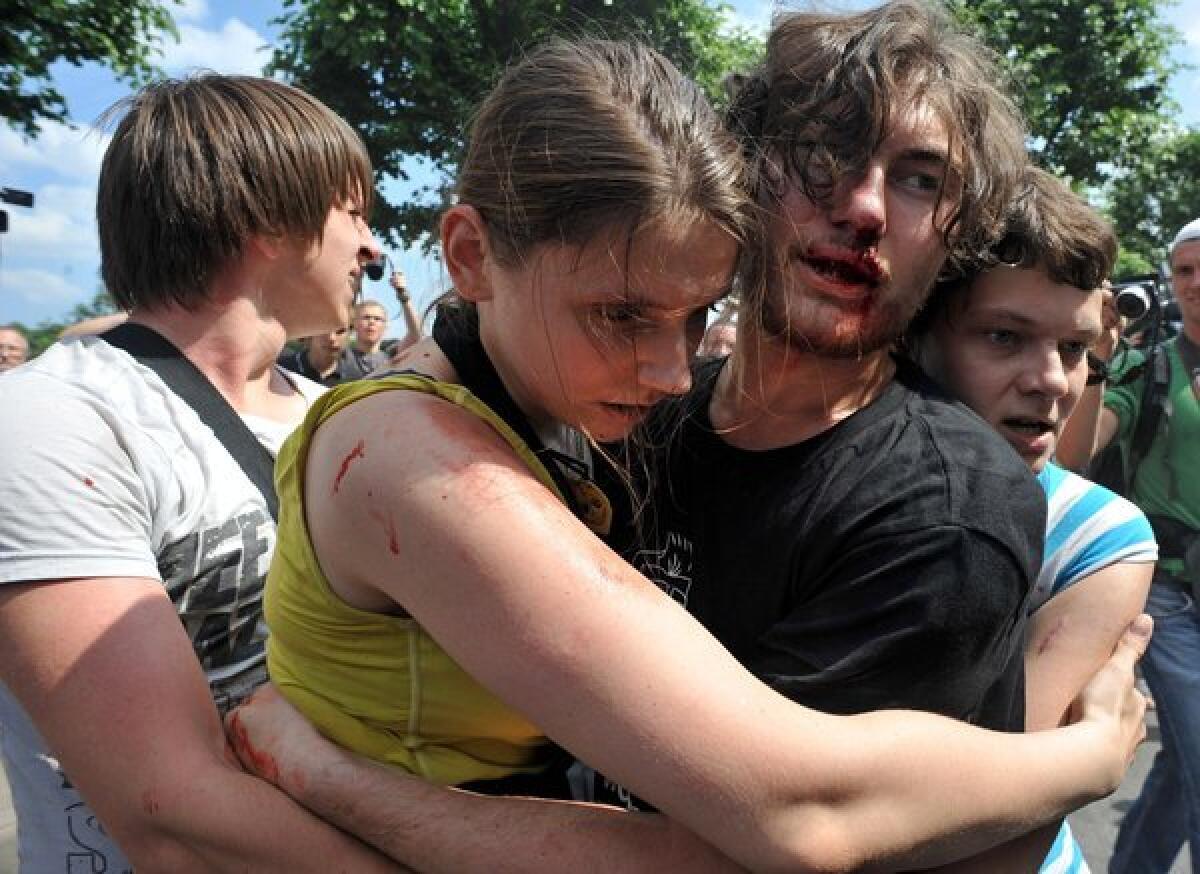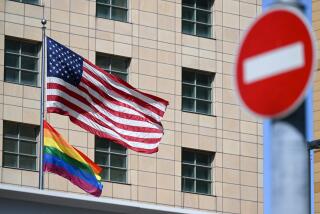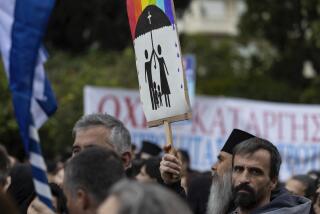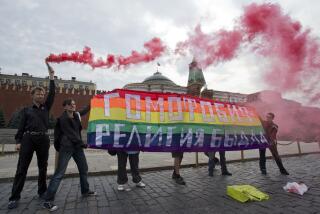Will gays be safe at Russia’s Winter Olympics?

If you are gay, Russia is probably not the safest place to be right now. A slew of recent legislation has targeted people based on their sexual orientation.
There’s no doubt that Russia is cracking down. Much of this was brought to light in an opinion piece that LGBT advocate and actor Harvey Fierstein penned for the New York Times. His op-ed chronicles some of the recent legislation:
A law that recognizes “homosexual propaganda” as pornography.
A law permitting the arrest and detention of tourists and foreign nationals suspected of being homosexual or “pro-gay.”
A law banning the adoption of Russian-born children by gay couples in Russia or any state where marriage equality is recognized in any capacity.
Also, Russian President Vladimir Putin is rumored to be considering a law allowing police to remove children from their biological or adoptive parents if the parents are believed to be gay.
If the collective legislation doesn’t speak for itself, a collection of graphic photos, compiled by BuzzFeed, offers visual proof of the violent tension between the LGBT community and opponents of gay rights in Russia.
These laws come just months before Russia will host the 2014 Winter Olympics in Sochi, and as a result, they have prompted valid concerns about the safety and security of visitors to the events.
The International Olympic Committee has said it’s received assurances from high-ranking Russian officials that the legislation banning “homosexual propaganda” will not affect athletes or attendees of the Games in February. Still, the IOC’s statement Friday was unclear as to whether the anti-gay legislation will be fully placed on hold during the Games, saying that “it remains to be seen whether and how it will be implemented, particularly as regards the Games in Sochi.”
The Royal Canadian Mounted Police, for example, plans to hold a security briefing with the country’s team, in part because of the law allowing Russia to detain tourists and foreign nationals.
But given the intense international scrutiny that will be placed on Russia during the Games, it’s highly unlikely that the government would take a controversial action against a pro-gay or openly gay athlete from another country.
As the United States trends toward widening rights for the LGBT community while Russia walks further away, some have called for a boycott of the Olympics.
Though well intentioned, a boycott would do more harm than good. On the flip-side, participating in the Olympics, as an LGBT athlete or an ally (Russia targets both), would do more good than harm.
Participating in the Olympics provides an unmatched spotlight to shed light on the issue at a time when the entire international community will be watching. With Russia’s “assurances” that they won’t be affected, and with the protection of their home countries, athletes have an opportunity to make a statement during the ceremonies, on social media, in interviews and in competition.
If LGBT advocates want to make a difference, they’re better off doing it on Russia’s turf than silently at home.
ALSO:
Detroit: What a city owes its residents
Ambassador Caroline Kennedy? Still a bad idea
Follow Daniel Rothberg on Twitter: @danielrothberg
More to Read
A cure for the common opinion
Get thought-provoking perspectives with our weekly newsletter.
You may occasionally receive promotional content from the Los Angeles Times.






